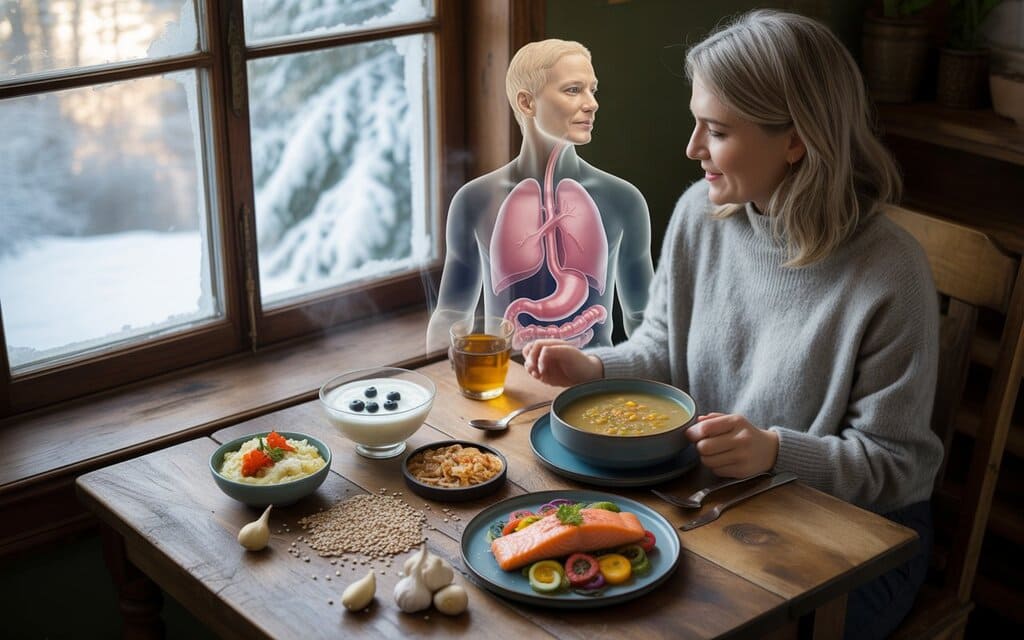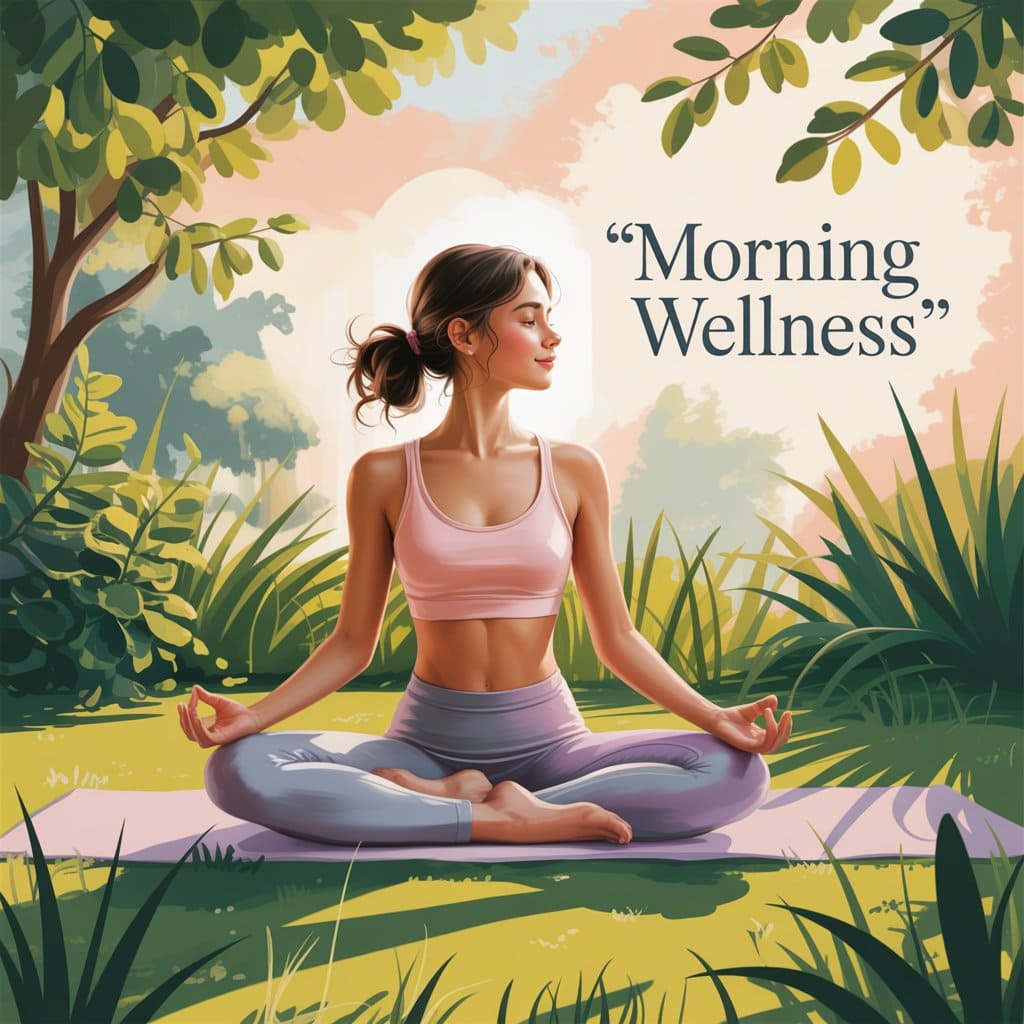
Introduction
Summer is a season of sunshine, warmth, and outdoor activities. However, it also presents a range of health challenges due to high temperatures, increased UV radiation, and potential dehydration. To fully enjoy summer without compromising your well-being, it’s essential to adopt specific summer health tips that support both physical and mental health. This article explores how to maintain your health and body in summer, using practical advice, scientific evidence, and expert-backed strategies to keep you feeling energized, hydrated, and protected.
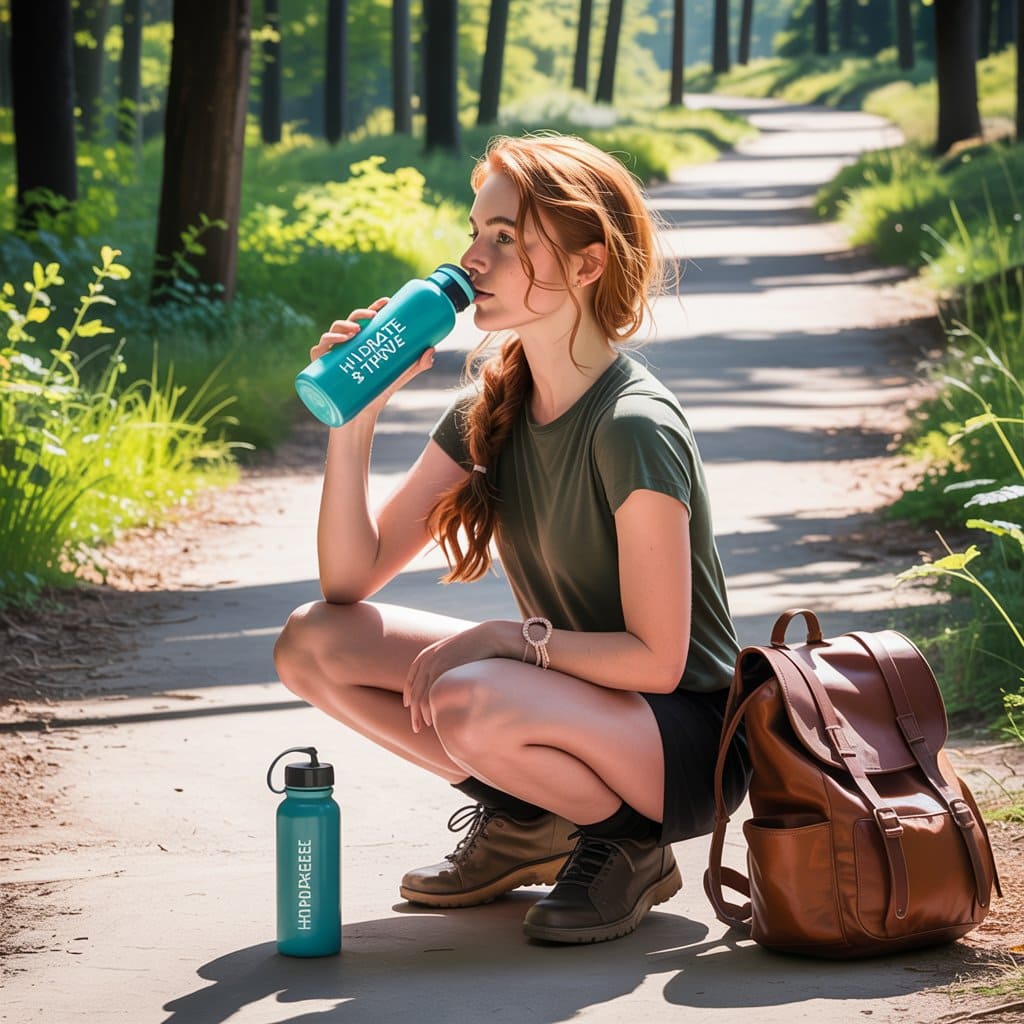
The Effects of Summer on the Human Body
The human body responds to high temperatures by sweating more to cool down. While this is a natural and efficient mechanism, it can lead to fluid loss, electrolyte imbalance, and even heat exhaustion if not managed properly. According to the Centers for Disease Control and Prevention (CDC), heat-related illnesses increase significantly during the summer months, especially among vulnerable populations such as the elderly and children.
Key Risks During Summer :
| Health Risk | Description |
|---|---|
| Dehydration | Excessive sweating without adequate fluid intake. |
| Heatstroke | A severe condition resulting from the body overheating (above 104°F/40°C). |
| Sunburn | Skin damage caused by ultraviolet (UV) radiation. |
| Digestive Issues | Consuming spoiled or unhygienic food can lead to food poisoning. |
| Fatigue & Low Energy | Resulting from excessive heat and poor hydration. |
How to Take Care of Your Health in Summer
1. Stay Hydrated
Drinking enough water is crucial in summer. Adults should aim for 2.5–3 liters of water daily, and more if engaged in physical activities or under direct sunlight. According to a 2023 study published in The Lancet, mild dehydration can reduce cognitive performance and physical stamina by up to 20%.
Tips to stay hydrated:
- Carry a reusable water bottle at all times.
- Consume water-rich fruits like watermelon, cucumber, and strawberries.
- Avoid excessive intake of caffeinated or sugary drinks that promote water loss.
✅ Keyword : summer hydration tips

2. Eat Light, Nutrient-Rich Meals
Heavy, greasy foods are harder to digest during hot weather. Summer is the perfect time to enjoy:
- Leafy greens like spinach and arugula
- Fruits such as mangoes, pineapples, and melons
- Whole grains like quinoa and brown rice
- Grilled lean proteins like chicken and fish
According to Harvard Health Publishing, lighter meals help regulate body temperature and prevent heat-induced lethargy.
✅ Keyword: healthy summer diet
3. Protect Your Skin from UV Rays
UV exposure is a major concern during summer, increasing the risk of skin cancer, sunburns, and premature aging. The World Health Organization (WHO) recommends:
- Wearing broad-spectrum sunscreen with at least SPF 30
- Applying sunscreen every 2 hours
- Wearing protective clothing, sunglasses, and wide-brimmed hats
A 2024 study in the Journal of Dermatological Science confirmed that consistent sunscreen use reduces the risk of melanoma by over 50%.
✅ Keyword : summer skincare protection
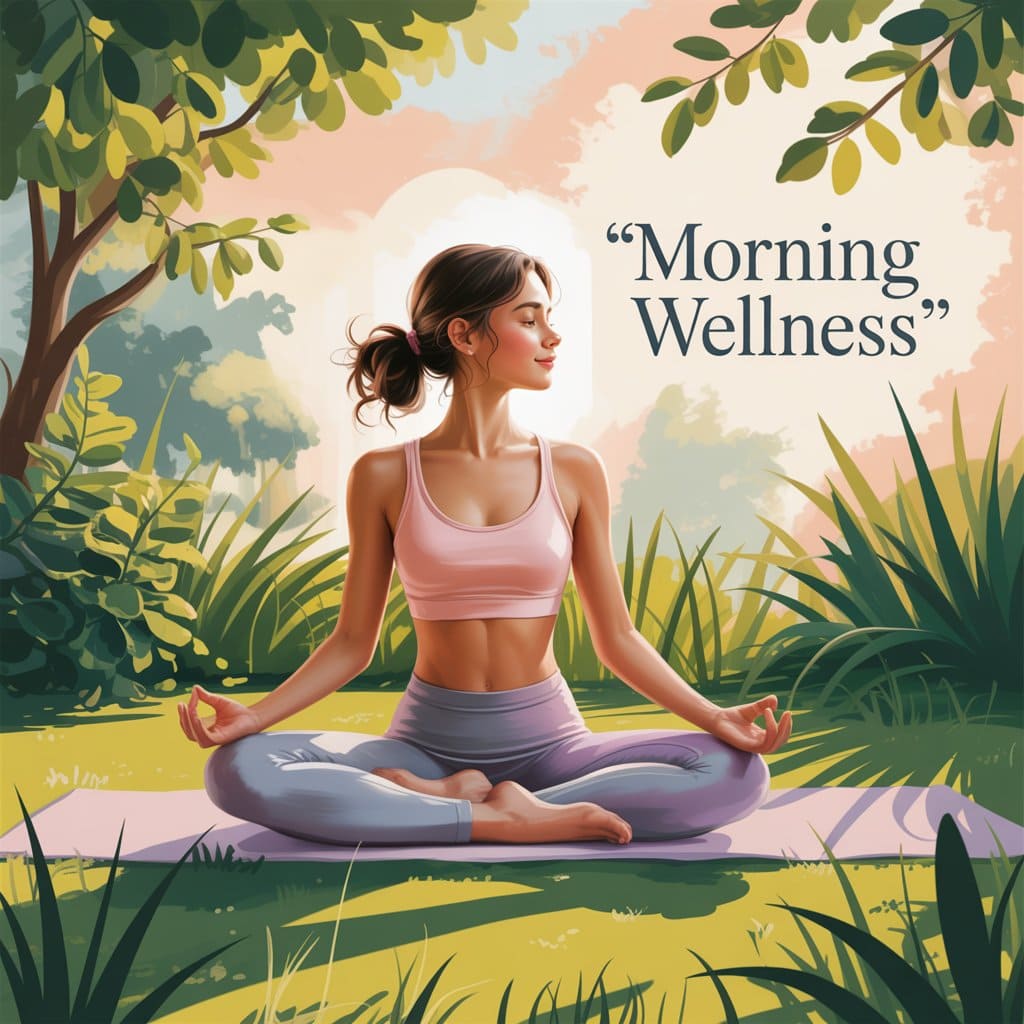
4. Exercise Early or Late
Exercise is vital, but working out under intense sun can lead to heat exhaustion. It is best to:
- Exercise early in the morning or after sunset
- Choose indoor or shaded environments
- Practice yoga, swimming, or walking in shaded parks
According to WebMD, exercising during cooler hours reduces the chance of heat cramps and maintains metabolic balance.
✅ Keyword : safe summer workouts
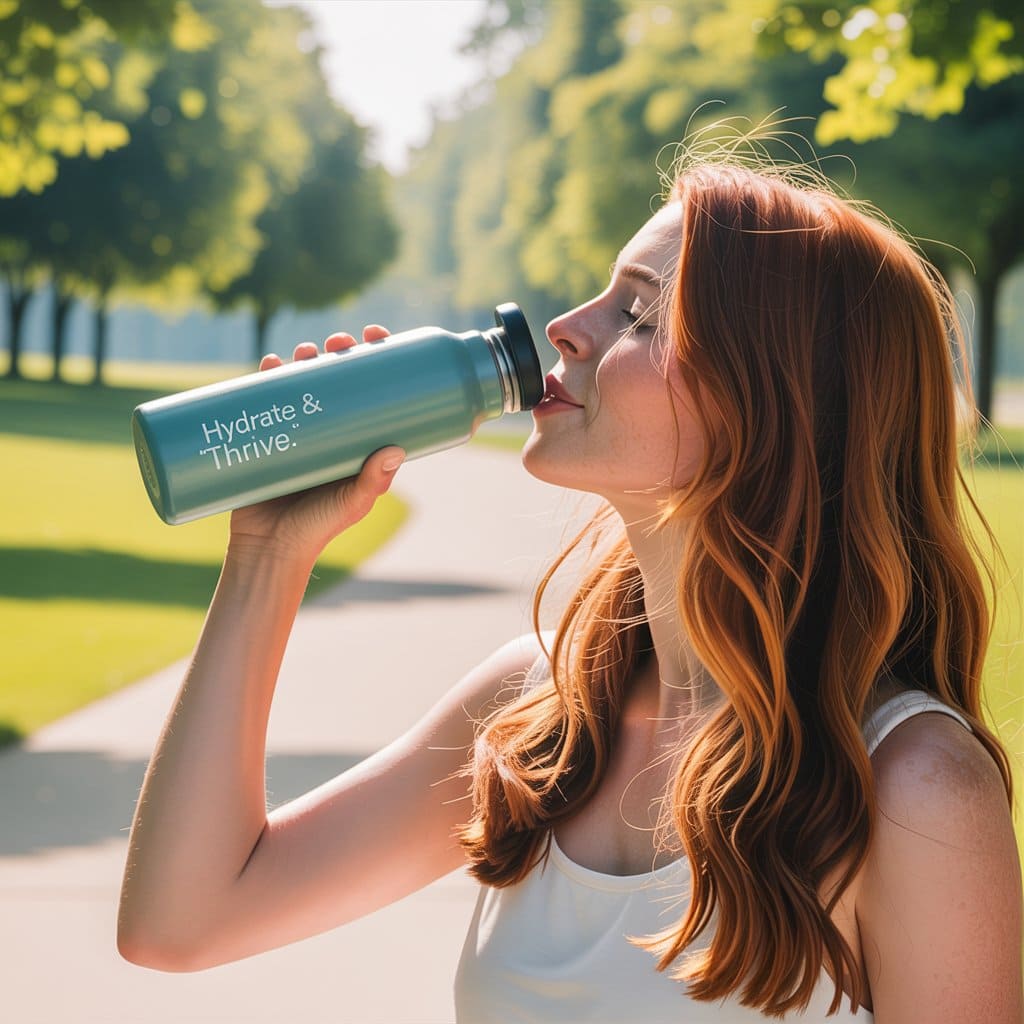
5. Wear Breathable Clothing
Opt for lightweight, loose-fitting, and light-colored clothes made of cotton or linen. This helps your skin breathe and minimizes sweating. Synthetic fabrics trap heat and moisture, leading to skin rashes and fungal infections, particularly in hot and humid climates.
✅ Keyword : summer clothing tips for health
6. Get Adequate Sleep
Summer nights can disrupt sleep due to heat and longer daylight hours. Lack of sleep impacts immune health, concentration, and emotional well-being.
To enhance summer sleep:
- Use cotton sheets and cool pillows
- Keep the room well-ventilated
- Avoid heavy meals or caffeine before bedtime
A 2022 study from Sleep Medicine Reviews found that people who sleep in a cooler room (65–70°F) fall asleep faster and experience deeper sleep cycles.
✅ Keyword : how to sleep better in summer

7. Stay Mentally Refreshed
Summer is not just about physical care. Long days and heat can lead to irritability or mental fatigue. To protect your mental health:
- Take short vacations or weekend getaways
- Engage in creative hobbies like reading, painting, or journaling
- Limit screen time, especially during sunny hours
A 2023 article from the American Psychological Association (APA) emphasizes that natural exposure to sunlight and nature reduces cortisol levels and improves mood.
✅ Keyword : mental wellness in summer
8. Monitor Air Quality and Allergies
Summer can bring increased pollution and pollen, which affect those with asthma or allergies. Always:
- Check the Air Quality Index (AQI) before going outside
- Use air purifiers at home
- Shower after being outdoors to remove allergens
The Environmental Protection Agency (EPA) warns that summer smog can aggravate respiratory conditions and recommends indoor activities on high-pollution days.
✅ Keyword: summer air quality and health
9. Be Cautious with Summer Travel
While summer is perfect for traveling, it’s important to:
- Pack first-aid supplies
- Stay updated on vaccinations
- Drink bottled water in unfamiliar places
According to the World Travel & Tourism Council, over 30% of travelers report digestive issues or sun-related illnesses when traveling in summer without proper precautions.
✅ Keyword : safe summer travel tips
Conclusion
Summer can be a wonderful season for wellness, but it requires intentional efforts to protect your health and body. By focusing on hydration, nutrition, sun protection, mental health, and sleep, you can enjoy summer safely and actively. The guidance provided above is supported by scientific research and recommendations from reputable organizations like Harvard Medical School, CDC, WHO, and Wikipedia. Take these tips seriously and make them part of your seasonal routine.
✅ Key Points Summary
| Area of Focus | Key Actions |
|---|---|
| Hydration | Drink 2.5–3 liters daily; eat hydrating fruits |
| Nutrition | Eat light, seasonal, nutrient-rich meals |
| Skin Protection | Apply SPF 30+ sunscreen; wear protective clothing |
| Exercise | Avoid mid-day sun; try swimming or yoga |
| Sleep | Keep your bedroom cool; avoid heavy food at night |
| Mental Wellness | Take breaks, spend time in nature, reduce screen exposure |
| Travel Precautions | Carry essentials, maintain hygiene, stay informed |
| Air Quality | Monitor AQI; use purifiers; avoid allergens |
📚 References & Medical Sources
- CDC – Extreme Heat and Your Health
- Harvard Health Publishing – Summer Nutrition Tips
- [The Lancet – Impact of Dehydration on Cognitive Function, 2023]
- [Journal of Dermatological Science – Sunscreen Efficacy Study, 2024]
- [Sleep Medicine Reviews – Sleep Environment and Sleep Quality, 2022]
- World Health Organization (WHO) – UV Radiation Guidelines
- EPA – Air Quality and Respiratory Health
- Wikipedia – Summer Health Precautions
